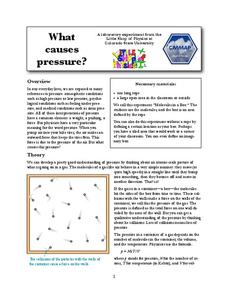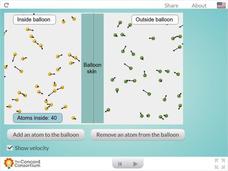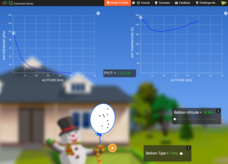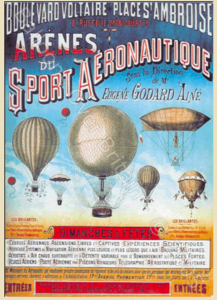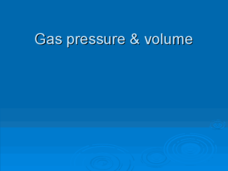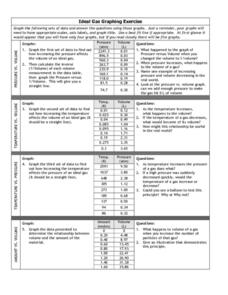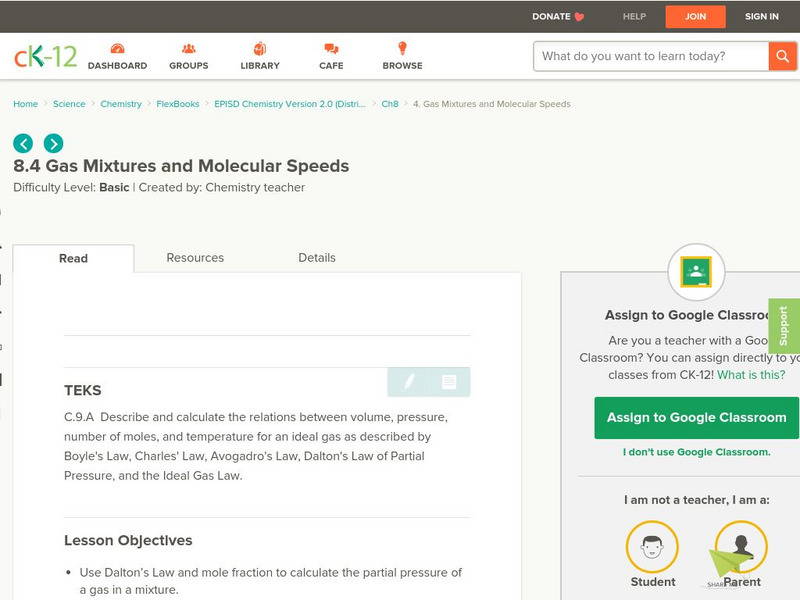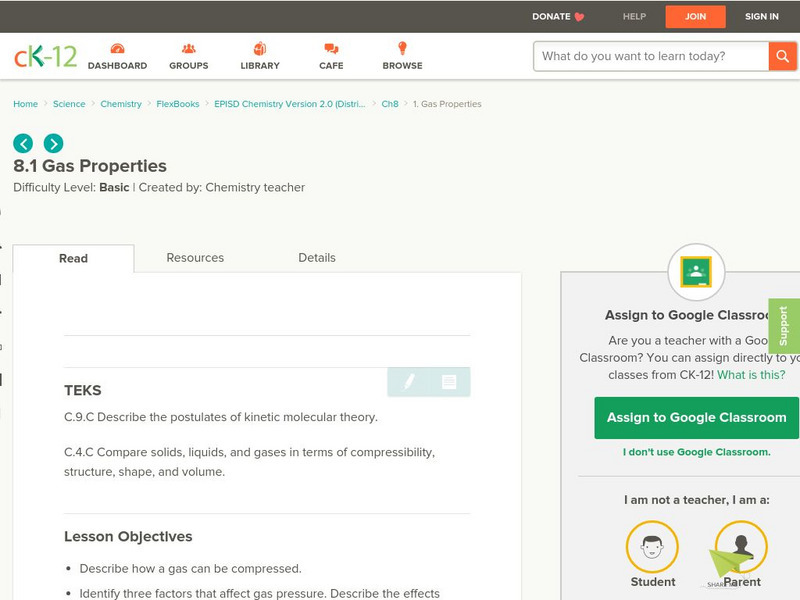Curated OER
Gas Pressure, Volume, and Temperature
Physical science learners conduct a simple experiment using the heat of their hands to affect the fluid pressure. They place a balloon atop a freezing cold bottle and observe what occurs as it warms up. Both activities demonstrate how...
Science Matters
Under Pressure
Sometimes a little pressure isn't a bad thing! A collaborative lesson plan uses models to demonstrate how air pressure inflates and deflates the lungs. Participants use everyday materials to create models of the chest cavity to simulate...
Pingry School
Gas Pressure and Temperature Relationship
Humans tend to huddle together when cold and move around more when warm, but do gas particles follow the same pattern? Scholars use a temperature probe, a pressure sensor, and air to study the relationship between temperature and gas...
Pingry School
Gas Pressure and Volume Relationship
Do your high school scientists know the four methods scientists use to communicate information? A simple experiment discovering the relationship between gas pressure and volume allows pupils to practice all four. After completing the...
Colorado State University
What Causes Pressure?
Are you feeling the pressure? Let loose a little with a kinesthetic activity that models molecular motion in a closed space! The activity varies conditions such as volume and temperature and examines the effects on molecules.
Concord Consortium
Gas Pressure in a Syringe
Plunge into a gas pressure activity! Junior physical scientists manipulate a syringe to study the particle model of gases. The interactive invites investigations of particle movements in capped versus uncapped syringes.
Concord Consortium
What Is Pressure?
Balloons bring great fun to the classroom, until they break. What's a teacher to do then? Break out the balloon of the computer age with a fun interactive! Science scholars add and remove atoms from their virtual balloons and observe...
Concord Consortium
The Volume-Pressure Relationship
Pressure and volume are in a relationship, but what is the nature of it? High school scientists discover the link between the volume of a gas and the pressure it exerts using a simulation. The resource tracks pressure in a sidebar as...
CK-12 Foundation
Development of Hypotheses: Pressure versus Temperature
Is it me, or is it getting hot in here? Middle school science sleuths investigate the relationship between temperature and pressure, then use their observations to form a hypothesis. Questions embedded in the interactive help guide...
CK-12 Foundation
Runaway Balloon
When a child lets go of a helium balloon, what happens to it? Does it float all the way to space? The simulator allows pupils to experiment on party balloons and weather balloons under different conditions to see what happens to them in...
Chymist
Pressure-Volume Relationships: Experiments with 140-mL Syringe
Learners examine Boyle's Law by analyzing experimental results with a hands-on lesson that provides a set of four experiments that illustrate the relationship between pressure and volume of gases. Groups analyze results using...
Science Geek
Gas Laws
A physical science presentation begins with an explanation of ideal gases and their behavior. Then it introduces all of the gas laws with descriptions and formulas.
Curated OER
Penny Science
A penny can be a much more valuable teaching tool that you might think. Whether you are teaching about chemical reactions, surface tension, the behavior of gases, or are just looking for engaging activities for early finishers, this...
Resources for Educators
Math & Science Connection
Whether you're using a collection of Dr. Seuss books to teach basic math skills like counting, adding, and subtracting, or exploring the different states of matter by melting a crayon with a hairdryer, a series of 11 fun activities...
Curated OER
Gas Pressure and Volume
A class might find this presentation complicated at first, but with your explanations would understand the relevancy of the diagrams included. An animnated plunger shows the change in pressure on a gas and makes the reasoning behind the...
Curated OER
#24 How Much Air Is In Foamed Polystyrene Products?
Students are challenged to come up with a good estimate of the amount of air in foamed polystyrene products. They use this gas evolution experiment and as such have students measure the gas generated when foamed polystyrene is degassed...
Curated OER
The Ideal Gas Law
In this gas law worksheet, students apply the Ideal Gas Law by determine the volume, mass, or pressure of the given gases. This worksheet has 5 problems to solve.
Curated OER
Gases Worksheet
This instructional activity focuses on calculations involving gases. The students will be solving for the number of molecules, gas pressure, partial pressures, and volumes of different gases.
Curated OER
Gas Laws
In this gas worksheet, students practice using the gas laws to calculate volume, pressure, or temperature of gases in 12 different word problems.
Curated OER
Ideal Gas Law
In this Ideal Gas Law worksheet, students use the Ideal Gas Law to solve each of the problems listed. They calculate the volume of moles of a gas that occupy at a specific temperature. Students also find the volume of moles of gas whose...
Curated OER
Graphing Exercise of Ideal Gas Data
For this graphing of Ideal Gas Data worksheet, students use the given data to draw 4 graphs of the given data. They are given the pressure and volume to draw and interpret the graphs.
CK-12 Foundation
Ck 12: Heat Engine
[Free Registration/Login may be required to access all resource tools.] Students will learn about heat engines, explore pressure volume diagrams, and figure how to calculate ideal efficiencies of heat engines.
CK-12 Foundation
Ck 12: Gas Mixtures and Molecular Speeds
[Free Registration/Login may be required to access all resource tools.] The following online tutorial helps students use Dalton's Law and mole fraction to calculate the partial pressure of a gas in a mixture. They will learn to calculate...
CK-12 Foundation
Ck 12: Gas Properties
[Free Registration/Login may be required to access all resource tools.] The following online tutorial describes how a gas can be compressed and identifies three factors that affect gas pressure. Students will describe the effects...






